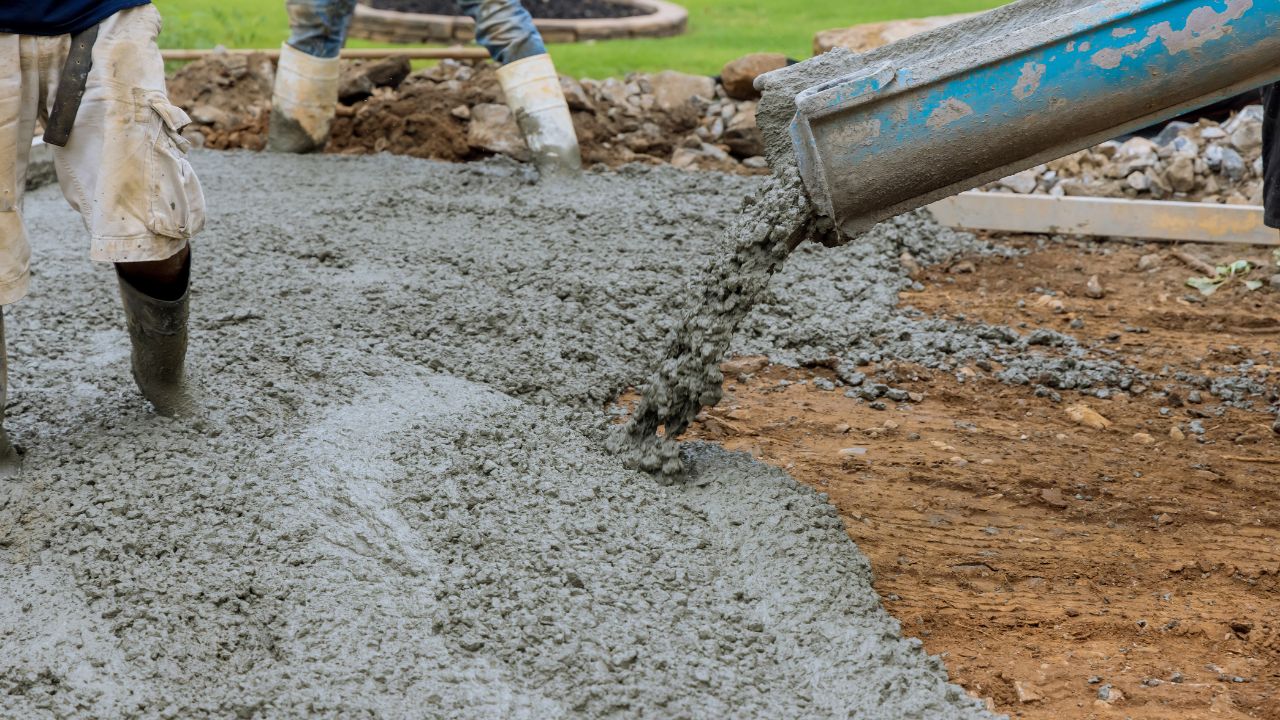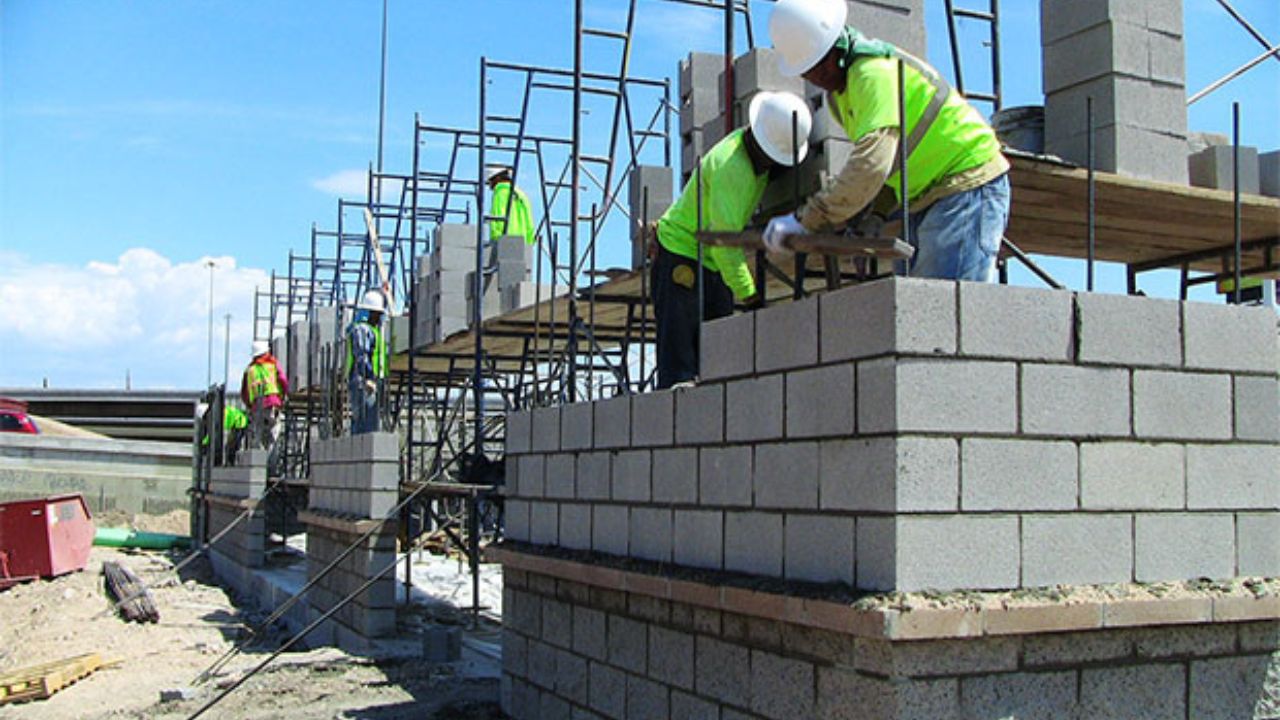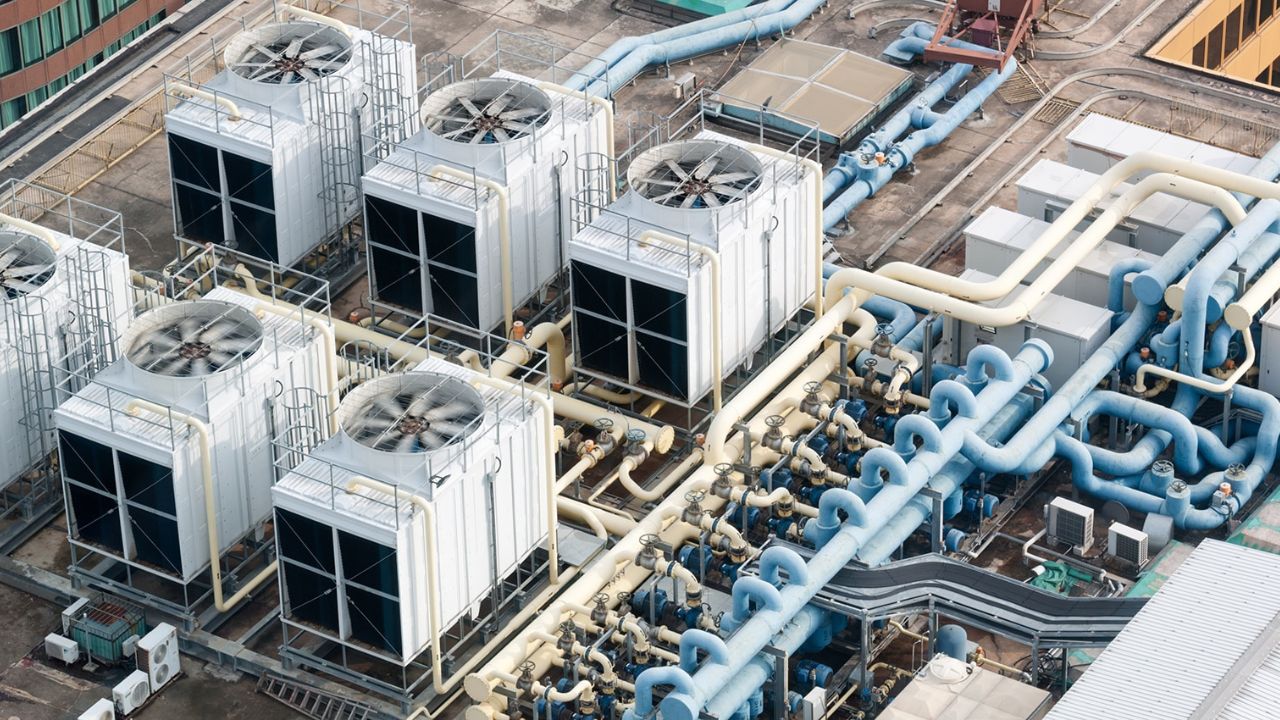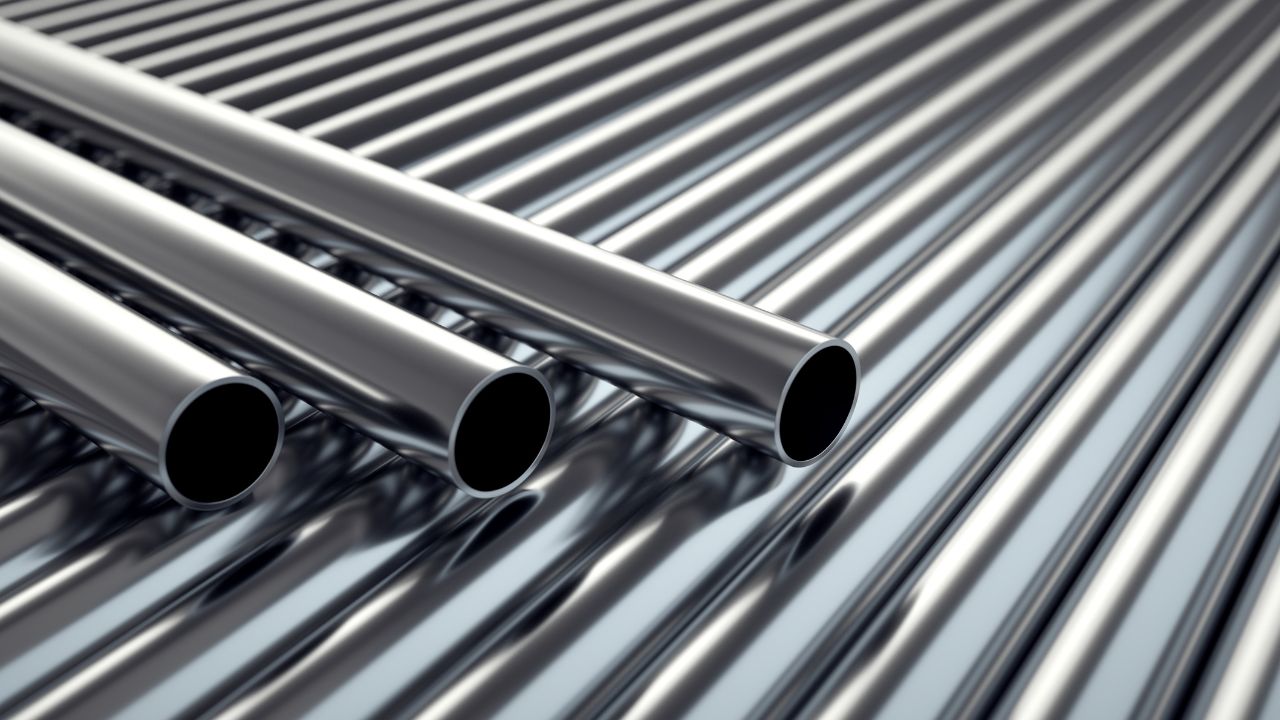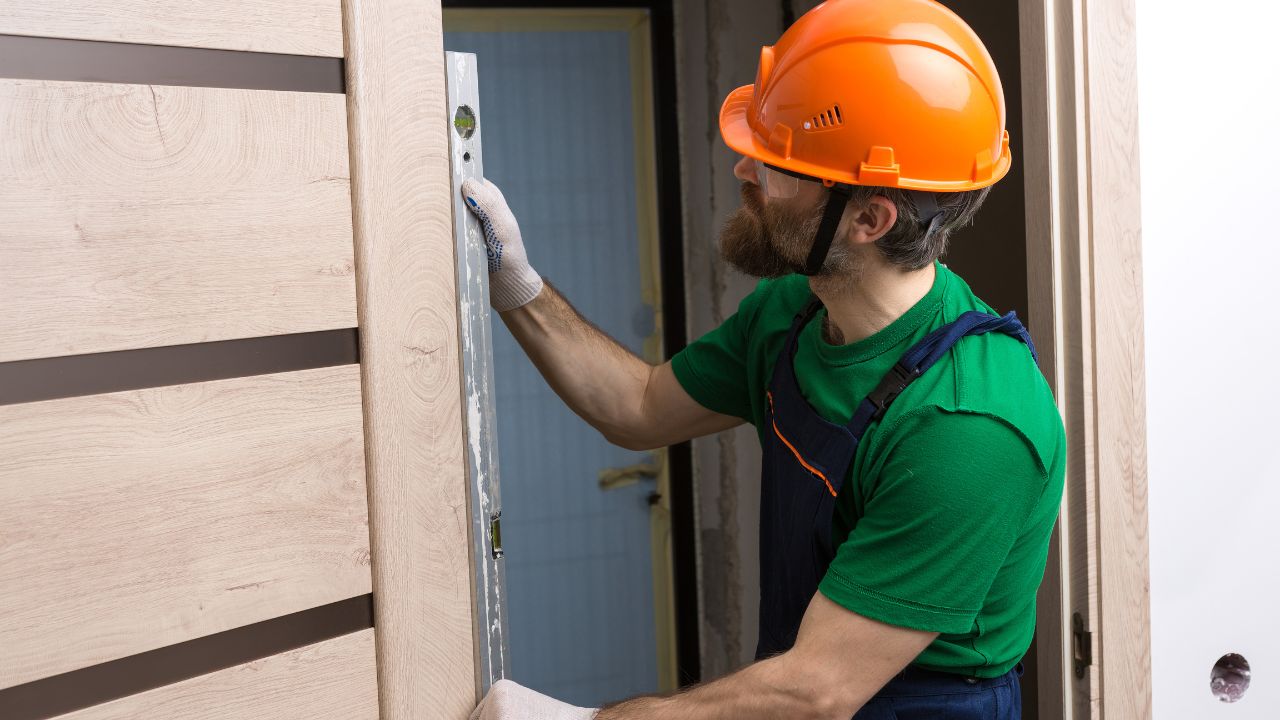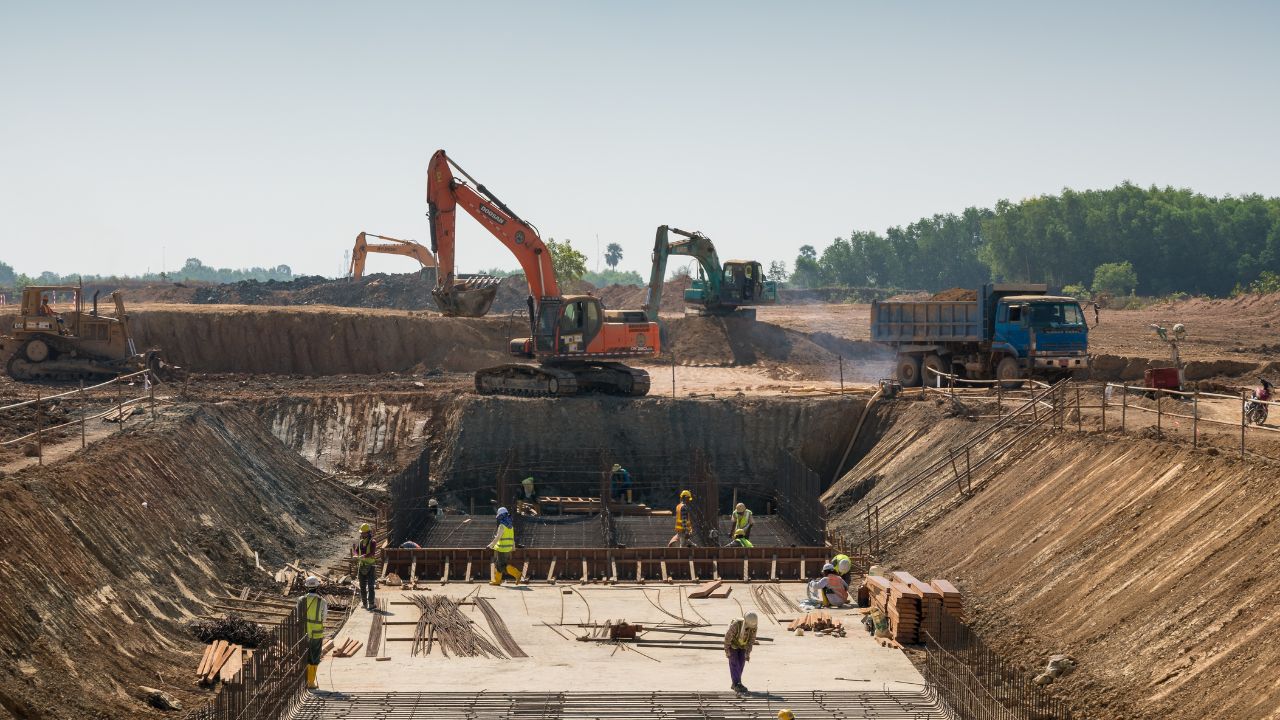- Homepage
- Underground Pipes Cost Estimator
Underground Pipes Cost Estimator
Leading provider of underground pipes estimating.
Underground pipes are essential components of any plumbing and infrastructure system, playing a critical role in transporting water, sewage, gas, and other utilities beneath the surface. Whether you’re installing new underground pipes or replacing existing ones, understanding the costs involved is crucial for effective budgeting and planning. Estimate Florida Consulting provides expert cost estimator services to help you plan and execute your underground pipe installation or replacement project with precision, ensuring that your project stays within budget while meeting all performance and safety standards.
For underground pipes, calculate underground drainage costs to ensure accurate project estimates.
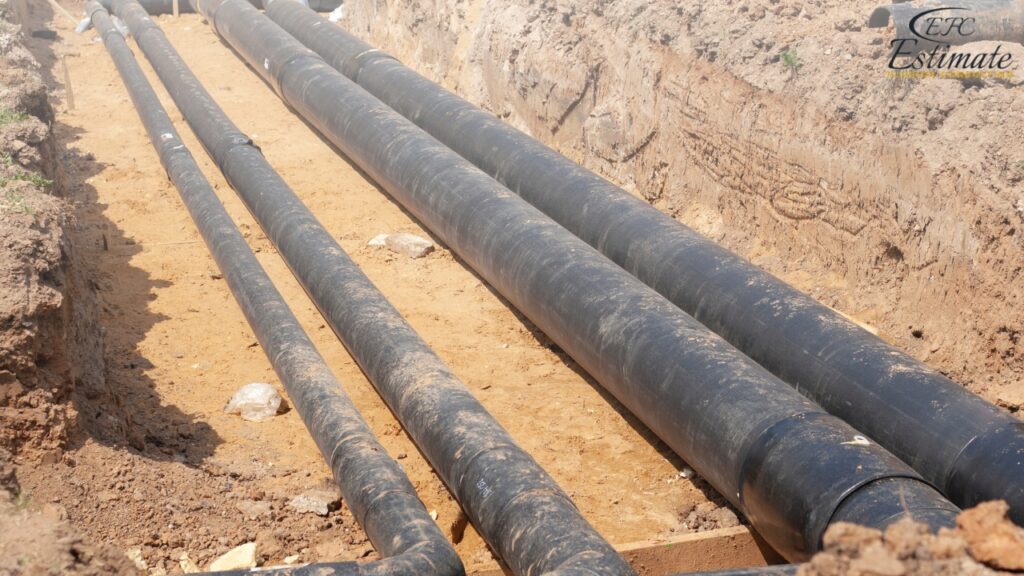
Factors Influencing Underground Pipe Costs
The cost of underground pipes can vary widely depending on several factors, including the type of material, pipe diameter, installation depth, trenching requirements, and additional features like insulation or corrosion protection. Understanding these factors will help you estimate the total cost of your project and make informed decisions that align with your budget and specific requirements.
Type of Pipe Material
The type of material used for underground pipes is one of the most significant factors affecting the overall cost. Different materials offer varying levels of durability, flexibility, and installation ease, each of which contributes to the final expense.
Type of Pipe Material | Average Cost per Linear Foot (Material + Installation) |
PVC | $4.80 – $12.00 |
HDPE | $6.00 – $18.00 |
Ductile Iron | $8.40 – $24.00 |
Concrete | $12.00 – $36.00 |
PVC
PVC (Polyvinyl Chloride) pipes are commonly used for water supply, drainage, and sewage systems. They are lightweight, corrosion-resistant, and relatively easy to install, making them a cost-effective option. The cost of PVC pipes, including installation, typically ranges from $4.80 to $12.00 per linear foot. PVC is ideal for applications where chemical resistance and long-term durability are required. However, PVC may not be suitable for areas with high temperatures or heavy loads, as it can become brittle over time.
- Water Supply System
- Drainage System
- Fixture Installation
- Hot Water System
- Sump & Pumping Systems
- Sewage and Waste Disposal
HDPE
HDPE (High-Density Polyethylene) pipes are known for their flexibility, strength, and resistance to corrosion, making them a popular choice for water, gas, and sewer systems. The cost of HDPE pipes, including installation, ranges from $6.00 to $18.00 per linear foot. HDPE pipes are especially suitable for trenchless installations, such as directional drilling, due to their flexibility and ability to withstand ground movement. HDPE pipes are also resistant to chemical exposure, making them a durable option for various underground applications.
Ductile Iron
Ductile iron pipes are highly durable and strong, often used in water and sewer systems where high pressure and heavy loads are common. The cost of ductile iron pipes, including installation, typically ranges from $8.40 to $24.00 per linear foot. These pipes are known for their ability to withstand extreme conditions, including high pressures and aggressive soils. Ductile iron pipes are often coated with cement or polyethylene to enhance corrosion resistance, further extending their lifespan. However, ductile iron pipes require more complex installation techniques, which can increase labor costs.
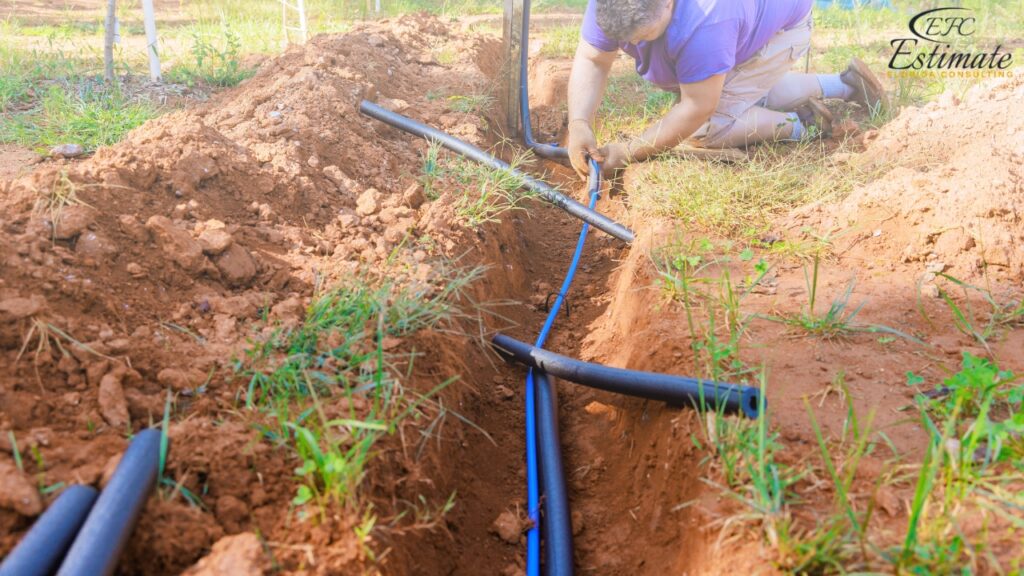
Concrete
Concrete pipes are commonly used in large-scale drainage, sewer, and culvert systems due to their strength and durability. The cost of concrete pipes, including installation, ranges from $12.00 to $36.00 per linear foot. Concrete pipes can handle high loads and are often used in infrastructure projects where longevity and structural integrity are critical. These pipes are resistant to both external pressures and internal chemical exposure, making them suitable for harsh environments. However, concrete pipes are heavy and require specialized equipment for installation, which can increase overall costs.
Pipe Diameter
The diameter of the underground pipes will also affect the cost, with larger diameters generally being more expensive. The size of the pipes should be selected based on the flow requirements and pressure demands of your system.
Pipe Diameter | Cost Range per Linear Foot (Material + Installation) |
4 Inches | $6.00 – $18.00 |
6 Inches | $8.40 – $24.00 |
8 Inches | $12.00 – $36.00 |
12 Inches | $18.00 – $48.00 |
4 Inches
Pipes with a 4-inch diameter are commonly used for residential or small commercial water supply and drainage systems. The cost for these pipes ranges from $6.00 to $18.00 per linear foot, including installation. This diameter is sufficient for handling moderate flow rates, making it ideal for smaller systems where space and budget constraints are considerations.
Get Acquainted with Pipe Installation
6 Inches
A 6-inch diameter pipe is typically used for larger residential or medium-sized commercial applications, such as main water supply lines or larger drainage systems. The cost for 6-inch pipes ranges from $8.40 to $24.00 per linear foot, including installation. This size provides a good balance between capacity and cost, ensuring adequate flow without excessive expense.
8 Inches
Eight-inch diameter pipes are often used in larger commercial, industrial, or municipal systems, where higher flow rates and capacities are required. The cost for 8-inch pipes ranges from $12.00 to $36.00 per linear foot, including installation. These pipes are suitable for handling large volumes of water, sewage, or other fluids, making them ideal for extensive infrastructure projects.
12 Inches
Twelve-inch diameter pipes are used in major infrastructure projects, such as municipal water mains, large drainage systems, or industrial facilities. The cost for these pipes ranges from $18.00 to $48.00 per linear foot, including installation. While more expensive, 12-inch pipes can handle significant flow rates and pressures, making them essential for large-scale applications.
Installation Complexity
The complexity of the underground pipe installation can significantly impact the total cost. Factors such as the depth of the trench, soil conditions, existing infrastructure, and the need for specialized equipment or techniques all influence labor costs.
Installation Complexity | Average Labor Cost per Linear Foot |
Simple Installation | $3.60 – $9.60 |
Moderate Installation | $9.60 – $18.00 |
Complex Installation | $18.00 – $36.00 |
Simple Installation
Simple installations involve straightforward trenching in favorable soil conditions with minimal obstacles. Labor costs for simple installations range from $3.60 to $9.60 per linear foot. This type of installation is typically quick and cost-effective, making it suitable for small-scale projects or areas with easy access and minimal interference from other utilities.
Moderate Installation
Moderate installations may involve more challenging trenching, such as working around existing infrastructure, dealing with rocky or unstable soil, or installing pipes at greater depths. Labor costs for moderate installations range from $9.60 to $18.00 per linear foot. This level of installation requires more time, expertise, and possibly additional equipment, which can increase costs but is necessary for ensuring the durability and reliability of the system.
Complex Installation
Complex installations involve significant challenges, such as deep trenching, directional drilling, crossing roadways or water bodies, or working in highly congested areas with numerous utilities. Labor costs for complex installations range from $18.00 to $36.00 per linear foot. These projects require specialized techniques and equipment, along with careful planning and execution to avoid damaging existing infrastructure or causing environmental issues.
Get High-Quality 3D Rendering Services Today!
Transform your space with stunning 3D Rendering that blends style, comfort, and functionality.
We Specialize in Both Residential and Commercial 3D Rendering Projects.
- Luxury Villas
- Apartment Complexes
- Home
- Condominium
- Office Buildings
- Shopping Malls
- Hospitals
- Hotels & Resorts
Additional Costs
Trenching
In addition to the cost of the pipes and installation, there are several additional expenses to consider when budgeting for an underground pipe project.
Trenching is a significant component of underground pipe installation, involving the excavation of a trench where the pipes will be laid. Trenching costs can range from $5.00 to $15.00 per linear foot, depending on soil conditions, trench depth, and the presence of obstacles like rocks or roots. Proper trenching is essential for ensuring that the pipes are installed at the correct depth and with adequate support to prevent shifting or damage over time.
Insulation
In areas where the ground temperature can drop significantly, insulating underground pipes may be necessary to prevent freezing and maintain efficient flow. The cost of insulation can range from $2.40 to $7.20 per linear foot, depending on the type and thickness of the insulation material. Insulating pipes can prevent costly freeze-thaw cycles that can lead to pipe bursts or reduced flow efficiency.
Corrosion Protection
Corrosion protection is critical for underground pipes, especially in areas with aggressive soils or chemical exposure. Protective coatings, linings, or cathodic protection systems can add $3.60 to $12.00 per linear foot to the overall cost but are essential for extending the lifespan of the pipes and preventing costly repairs or replacements due to corrosion.
Underground Pipes Cost by Project Type
The overall cost of installing or replacing underground pipes can vary widely depending on the specific project. Whether you’re installing new pipes for a residential property, replacing old pipes in a commercial building, or upgrading to more durable materials, each project type has its own cost considerations.
Project Type | Cost Range |
New Pipe Installation (Residential) | $3,600 – $18,000 |
Pipe Replacement (Residential) | $4,800 – $24,000 |
New Pipe Installation (Commercial) | $7,200 – $48,000 |
Pipe Replacement (Commercial) | $9,600 – $60,000 |
Upgrading to HDPE or Copper | $6,000 – $30,000 |
New Pipe Installation (Residential)
Installing new underground pipes for a residential property typically costs between $3,600 and $18,000, depending on the size of the property, the material chosen, and the complexity of the installation. New installations allow for optimal routing of pipes and the selection of the most suitable materials for the application. Costs can vary based on whether the installation is for water supply, drainage, or sewer lines, as well as the depth and length of the pipes.
Pipe Replacement (Residential)
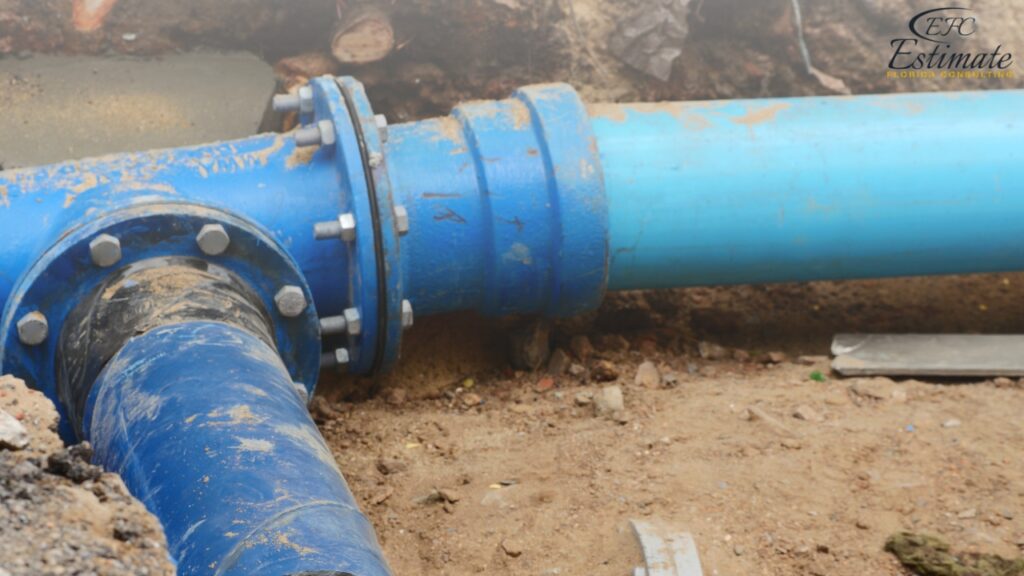
Replacing old or deteriorating underground pipes in a residential property typically costs between $4,800 and $24,000. Replacement costs are generally higher than new installations due to the need to excavate and remove old pipes, repair any damage, and install new ones. The choice of material (e.g., HDPE, copper) and the condition of the existing plumbing system will also influence the overall cost. Homeowners often choose to replace outdated materials like galvanized steel or clay with more modern options like PVC, HDPE, or copper to improve water quality and reduce the risk of future leaks.
New Pipe Installation (Commercial)
Installing new underground pipes for a commercial building typically costs between $7,200 and $48,000, depending on the size of the building, the complexity of the plumbing system, and the material chosen. Commercial installations often require larger pipe diameters and more complex routing to accommodate higher water usage and the presence of multiple floors. The installation process may also involve adhering to stricter building codes and regulations, which can add to the overall cost.
Pipe Replacement (Commercial)
Replacing underground pipes in a commercial building typically costs between $9,600 and $60,000. As with residential replacements, commercial projects may require additional labor to remove old pipes and repair any damage caused during the process. The complexity of the building’s plumbing system, the material chosen for the replacement, and any necessary upgrades to meet current building codes will influence the overall cost. Commercial replacements often involve larger-scale work, such as replacing pipes in multi-story buildings or large facilities, which can significantly increase the cost.
Upgrading to HDPE or Copper
Upgrading an existing underground plumbing system to HDPE or copper typically costs between $6,000 and $30,000, depending on the size of the project and the materials used. Upgrading to HDPE or copper can improve the durability and longevity of the plumbing system, reduce the risk of leaks, and enhance water quality. The cost of upgrading will depend on the condition of the existing pipes, the complexity of the installation, and whether any additional work (such as insulating pipes or rerouting water lines) is required.
Underground Pipes Costs by Project Scope and Application
Here’s a breakdown of estimated underground pipe costs by application, providing you with a clear understanding of how different project types impact overall costs:
Application | Estimated Underground Pipe Cost per Linear Foot | Total Cost Range |
Residential Underground Pipe Installation | $2.00 – $6.00 | $5,000 – $10,000 (depending on length and complexity) |
Commercial Underground Pipe Installation | $3.00 – $8.40 | $10,000 – $30,000 (depending on length and complexity) |
Industrial Underground Pipe Installation | $5.40 – $10.20 | $20,000 – $50,000+ (depending on length and complexity) |
Estimating the Total Cost
To provide a clearer understanding of what to expect, here’s an example of estimating the cost for installing 1,000 linear feet of 6-inch diameter PVC pipes in a moderately complex residential water supply system.
- 6-Inch PVC Pipe (Material + Installation): $8.40 – $24.00 per linear foot
- Trenching: $5.00 – $15.00 per linear foot
- Insulation (Optional): $2.40 – $7.20 per linear foot
- Corrosion Protection (Optional): $3.60 – $12.00 per linear foot
Cost Component | Low Estimate | High Estimate |
6-Inch PVC Pipe (1,000 feet) | $8,400 | $24,000 |
Trenching (1,000 feet) | $5,000 | $15,000 |
Insulation (1,000 feet) | $2,400 | $7,200 |
Corrosion Protection (1,000 feet) | $3,600 | $12,000 |
Total Estimated Cost | $19,400 | $58,200 |
90% More Chances to Win Bids with Our Estimate!
Underground Pipes Estimate Services
Estimate Florida Consulting provides specialized estimate services for underground pipe installations and replacements, ensuring that every aspect of your project is meticulously planned and executed. Our team works closely with you to gather all necessary information, including property assessments, pipe material preferences, and any existing conditions that may affect the installation process. With our expertise, you can be confident that your underground pipe project will be completed on time, within budget, and to the highest standards of quality and performance. Our estimates are tailored to reflect the specific challenges and opportunities of your project, ensuring that you receive the most accurate and reliable cost projections.
Underground Pipes Cost Calculator
To assist you in planning and budgeting your underground pipe installation or replacement project more accurately, Estimate Florida Consulting provides estimate services that include a comprehensive cost calculator. This tool allows you to input specific details about your project, such as the type of pipe material, the total length required, and the complexity of the installation. The calculator then provides an estimated cost range tailored to your project’s specific needs, offering you a clear understanding of what to expect financially. This cost calculator is an invaluable resource that helps ensure your project plans align with your budget, allowing you to allocate the necessary financial resources effectively.
Why Invest in Quality Underground Pipes? Durability, Efficiency, and Longevity
Investing in high-quality underground pipes is critical for ensuring the long-term durability, efficiency, and safety of your infrastructure. Poor-quality pipes can lead to leaks, contamination, and expensive repairs. By choosing the right materials and ensuring proper installation, you can protect your investment, reduce the risk of costly issues, and maintain a reliable underground system.
Durability
Underground pipes are exposed to various environmental factors such as soil pressure, temperature fluctuations, moisture, and potential chemical exposure. High-quality pipes made from durable materials like PVC, HDPE, ductile iron, or concrete are designed to withstand these harsh conditions for decades. Durable pipes reduce the likelihood of leaks, breaks, or corrosion, ensuring the integrity of the system over time. Investing in durable piping materials is crucial for avoiding frequent repairs and extending the lifespan of your underground infrastructure.
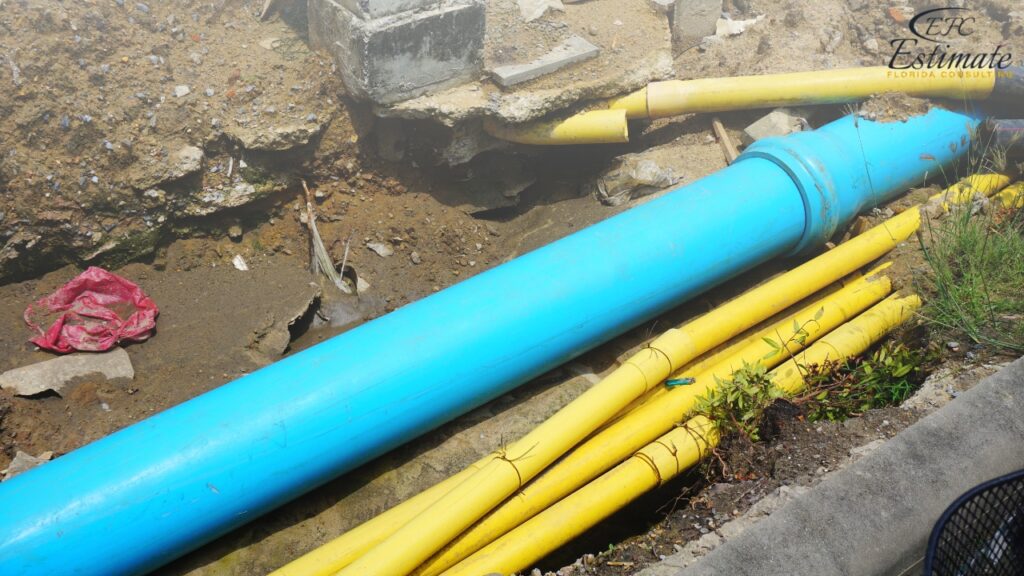
Efficiency
Efficient underground pipes are essential for maintaining optimal flow in water supply, sewage, or drainage systems. Properly sized and installed pipes ensure that water, waste, or gas is transported efficiently, minimizing the risk of blockages, backflows, or pressure drops. Efficient underground systems also help conserve resources and reduce operational costs, particularly in large-scale infrastructure projects. Upgrading to efficient piping materials can improve overall system performance, enhance reliability, and contribute to long-term savings.
Longevity
High-quality underground pipes can last for decades with minimal maintenance, reducing the need for frequent repairs or replacements. By investing in long-lasting materials and ensuring proper installation, you can significantly extend the lifespan of your underground infrastructure, protecting your investment and minimizing long-term costs. Proper planning and material selection are key to ensuring that your underground pipes remain functional and reliable for many years.
Long-Term Benefits of Investing in Quality Underground Pipes
Investing in high-quality underground pipes offers numerous long-term benefits that can significantly impact the efficiency, performance, and longevity of your infrastructure. By choosing durable materials and ensuring proper installation, you can enjoy a reliable and cost-effective system that meets your needs for decades to come.
Reduced Maintenance Costs
High-quality underground pipes are designed to withstand environmental challenges and require minimal maintenance, reducing the need for frequent repairs or replacements. This long-term reliability can lead to substantial cost savings over the life of the system, as fewer maintenance interventions are required, and the risk of costly failures is minimized.
Improved System Efficiency
Efficient underground pipes ensure consistent performance across your water supply, sewage, or drainage system, preventing issues like blockages, leaks, or pressure drops. By investing in efficient materials and proper installation techniques, you can enhance the overall performance of your system, ensuring that it operates smoothly and effectively for years to come.
Enhanced Longevity
Properly installed and maintained underground pipes can last for decades, providing a reliable service and protecting your investment. By choosing the right materials and installation methods, you can extend the lifespan of your infrastructure, ensuring that it continues to meet your needs without requiring costly replacements.
Conclusion
Underground pipes are a critical component of any infrastructure system, and investing in high-quality materials and proper installation techniques is essential for ensuring long-term durability, efficiency, and cost-effectiveness. By understanding the various costs involved, including the type of pipe material, diameter, installation complexity, and additional expenses such as trenching, insulation, and corrosion protection, you can plan your project effectively and ensure that all aspects are covered. The investment in high-quality underground pipes, professional installation, and regular maintenance not only enhances the performance and longevity of your system but also provides long-term value that contributes to the success and sustainability of your infrastructure. Whether you are installing new underground pipes or upgrading an existing system, this comprehensive guide will help you make informed decisions that align with your budget and performance expectations. Proper planning, attention to detail, and the use of quality materials will ensure that your underground pipe project is a success, providing reliable service for years to come.
Question Answer
Frequently Asked Question
Underground pipes are critical components of plumbing and infrastructure systems, used to transport water, sewage, gas, and other utilities below the surface. They are essential for maintaining a reliable flow of resources and ensuring that utilities are delivered safely and efficiently to their destinations.
The cost of underground pipes can be affected by various factors, including the type of material used, pipe diameter, installation depth, trenching requirements, soil conditions, and additional features like insulation or corrosion protection. These factors are crucial to consider when budgeting for your project.
Different pipe materials come with varying costs, durability, and installation requirements. Common materials include PVC, HDPE, Ductile Iron, and Concrete, each offering unique benefits and challenges:
- PVC: $4.80 - $12.00 per linear foot (Material + Installation)
- HDPE: $6.00 - $18.00 per linear foot
- Ductile Iron: $8.40 - $24.00 per linear foot
- Concrete: $12.00 - $36.00 per linear foot
- PVC: Lightweight, corrosion-resistant, and cost-effective, ideal for water supply and drainage systems.
- HDPE: Flexible, strong, and resistant to corrosion, suitable for trenchless installations and various underground applications.
- Ductile Iron: Highly durable and strong, often used in high-pressure systems, with excellent longevity.
- Concrete: Strong and durable, commonly used in large-scale infrastructure projects, resistant to high loads and chemical exposure.
Labor costs are influenced by installation complexity, which includes trench depth, soil conditions, existing infrastructure, and the need for specialized equipment. Labor costs vary based on the complexity:
- Simple Installation: $3.60 - $9.60 per linear foot
- Moderate Installation: $9.60 - $18.00 per linear foot
- Complex Installation: $18.00 - $36.00 per linear foot
In addition to material and labor costs, consider expenses for trenching, insulation, and corrosion protection. These factors are essential for ensuring long-term durability and performance:
- Trenching: $5.00 - $15.00 per linear foot
- Insulation: $2.40 - $7.20 per linear foot
- Corrosion Protection: $3.60 - $12.00 per linear foot
The overall cost varies depending on the project type, with different considerations for new installations, replacements, and upgrades:
- New Pipe Installation (Residential): $3,600 - $18,000
- Pipe Replacement (Residential): $4,800 - $24,000
- New Pipe Installation (Commercial): $7,200 - $48,000
- Pipe Replacement (Commercial): $9,600 - $60,000
- Upgrading to HDPE or Copper: $6,000 - $30,000
We Provide Underground Pipes Cost Estimator
Florida’s Cities
- Alachua
- Altamonte Springs
- Anna Maria
- Apalachicola
- Apopka
- Atlantic Beach
- Auburndale
- Aventura
- Avon Park
- Bal Harbour
- Bartow
- Bay Harbor Islands
- Boca Raton
- Bonita Springs
- Boynton Beach
- Bradenton
- Brooksville
- Cape Canaveral
- Cape Coral
- Casselberry
- Celebration
- Chipley
- Cinco Bayou
- Clearwater
- Clermont
- Clewiston
- Cocoa
- Cocoa Beach
- Coconut Creek
- Coral Gables
- Coral Springs
- Crystal River
- Dania Beach
- Davie
- Daytona Beach
- Deerfield Beach
- DeFuniak Springs
- DeLand
- Delray Beach
- Deltona
- Destin
- Dunedin
- Eagle Lake
- Edgewater
- Edgewood
- Eustis
- Fort Lauderdale
- Fort Meade
- Fort Myers
- Fort Myers Beach
- Fort Pierce
- Fort Walton Beach
- Fruitland Park
- Gainesville
- Greenacres
- Green Cove Springs
- Gulf Breeze
- Gulfport
- Haines City
- Hallandale Beach
- Hawthorne
- Hialeah
- Hialeah Gardens
- Highland Beach
- Hollywood
- Holly Hill
- Holmes Beach
- Homestead
- Hypoluxo
- Indialantic
- Jacksonville
- Juno Beach
- Jupiter
- Key Biscayne
- Key West
- Kissimmee
- LaBelle
- Lady Lake
- Lake Alfred
- Lakeland
- Lake Mary
- Lake Park
- Lake Wales
- Lake Worth
- Lantana
- Largo
- Lauderdale By The Sea
- Lauderhill
- Leesburg
- Lighthouse Point
- Longboat Key
- Longwood
- Maitland
- Marco Island
- Margate
- Melbourne
- Melbourne Beach
- Miami
- Miami Beach
- Milton
- Minneola
- Miramar
- Mount Dora
- Naples
- Neptune Beach
- New Port Richey
- New Smyrna Beach
- Niceville
- North Miami
- North Miami Beach
- North Port
- Oakland Park
- Ocala
- Ocean Ridge
- Ocoee
- Okeechobee
- Oldsmar
- Orange Park
- Orlando
- Ormond Beach
- Oviedo
- Palatka
- Palm Bay
- Palm Beach
- Palm Beach Gardens
- Palm Coast
- Palmetto
- Panama City
- Panama City Beach
- Pembroke Pines
- Pensacola
- Pinecrest
- Pinellas Park
- Plant City
- Plantation
- Pompano Beach
- Ponce Inlet
- Port Orange
- Port St. Lucie
- Punta Gorda
- Rockledge
- Royal Palm Beach
- St. Augustine
- St. Augustine Beach
- St. Cloud
- St. Pete Beach
- St. Petersburg
- Safety Harbor
- Sanford
- Sanibel
- Sarasota
- Satellite Beach
- Seaside
- Sebastian
- Sewall's Point
- Shalimar
- Stuart
- Surfside
- Tallahassee
- Tamarac
- Tampa
- Tarpon Springs
- Tavares
- Temple Terrace
- Titusville
- Treasure Island
- Valparaiso
- Venice
- Vero Beach
- Wellington
- West Melbourne
- West Palm Beach
- Weston
- Wilton Manors
- Winter Garden
- Winter Haven
- Winter Park
- Winter Springs
Comprehensive Trade-Specific Estimates
At Estimate Florida Consulting, we offer detailed cost estimates across all major trades, ensuring no part of your project is overlooked. From the foundation to the finishing touches, our trade-specific estimates provide you with a complete and accurate breakdown of costs for any type of construction project.
Our Simple Process to Get Your Estimate
Upload Plans
Submit your project plans, blueprints, or relevant documents through our online form or via email.
Receive Quotation
We’ll review your project details and send you a quote based on your scope and requirements.
Confirmation
Confirm the details and finalize any adjustments to ensure the estimate meets your project needs.
Get Estimate
Receive your detailed, trade-specific estimate within 1-2 business days, ready for your project execution.



Our Clients & Partners
We pride ourselves on building strong, lasting relationships with our clients and partners across the construction industry.
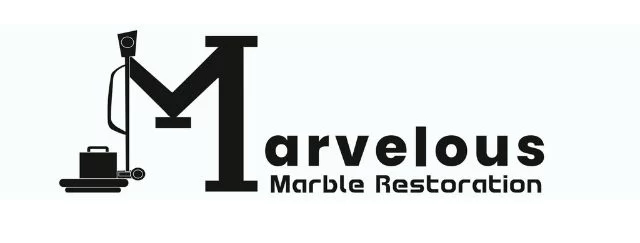
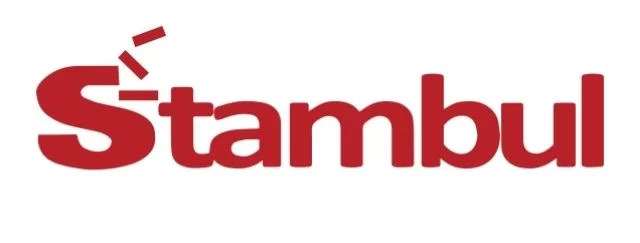
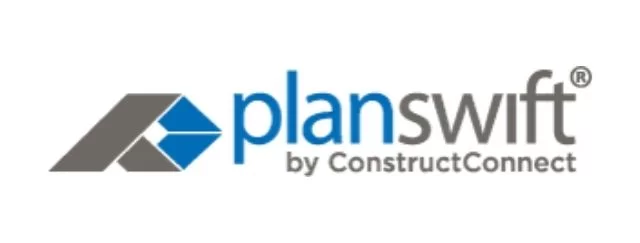
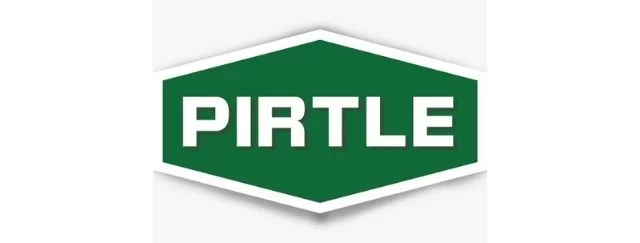

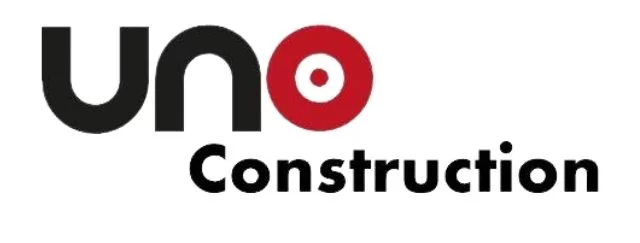
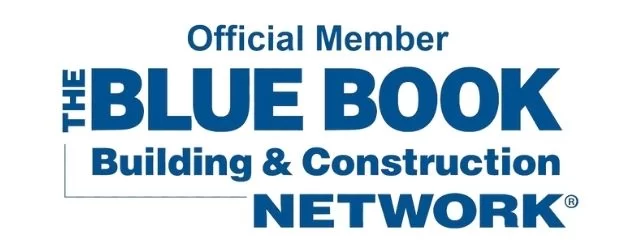
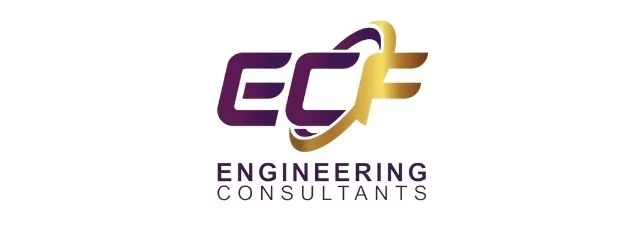
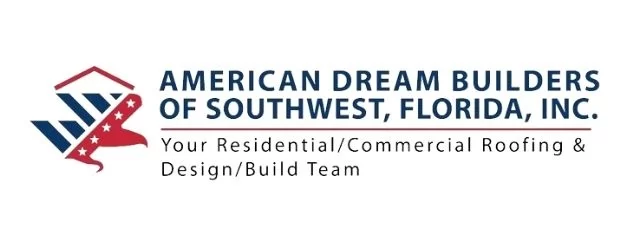
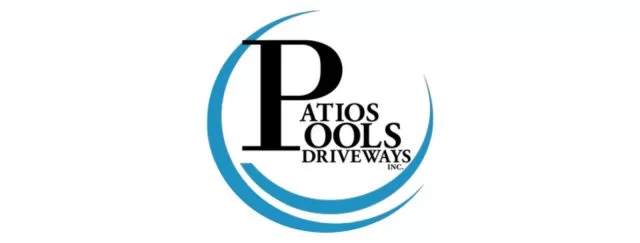

Testimonials
What Our Clients Say
We take pride in delivering accurate, timely, and reliable estimates that help contractors and builders win more projects. Our clients consistently praise our attention to detail, fast turnaround times, and the positive impact our estimates have on their businesses.
Estimate Florida Consulting has helped us win more bids with their fast and accurate estimates. We trust them for every project!




